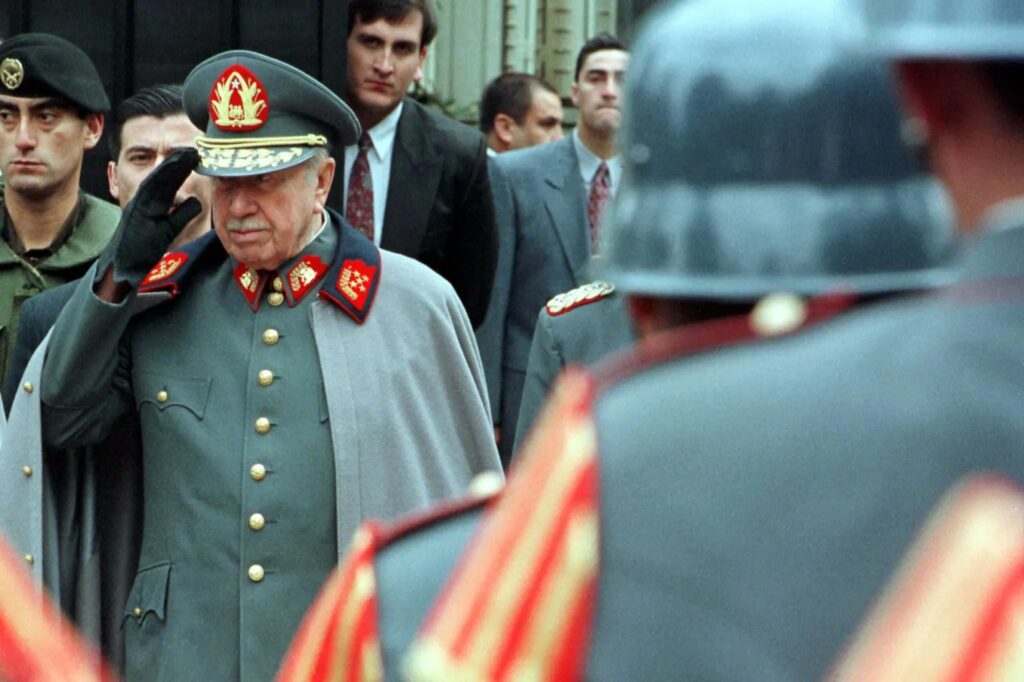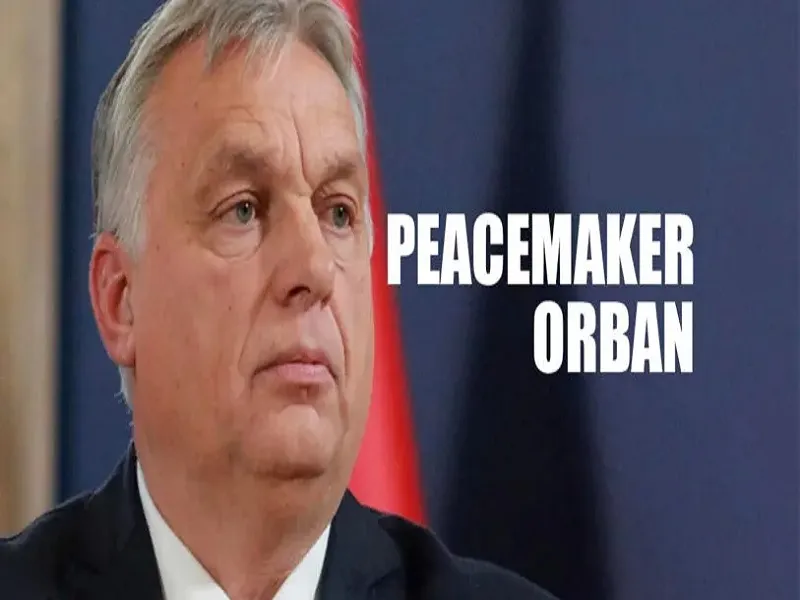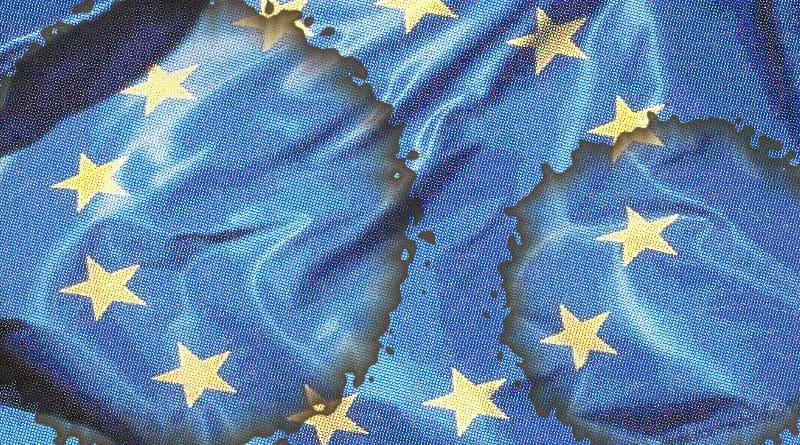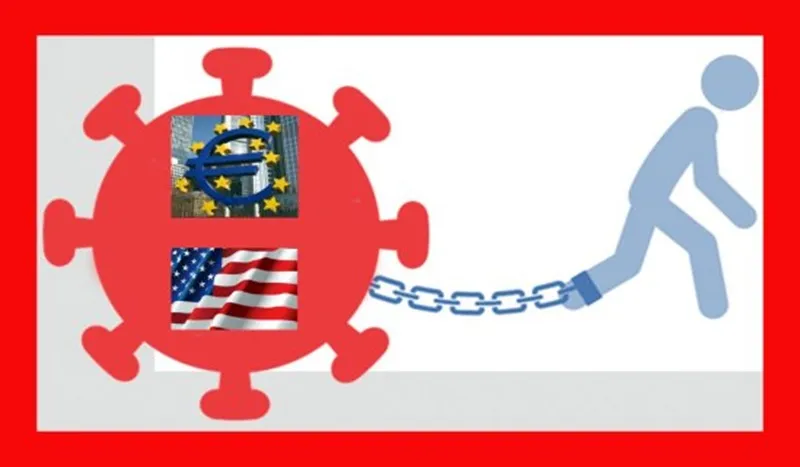NATIONAL SECURITY STRATEGY
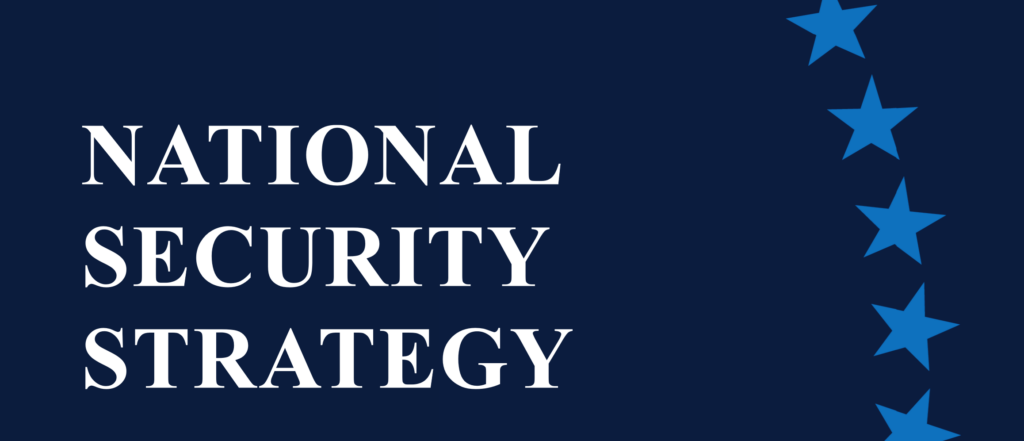
From the earliest days of my Presidency, I have argued that our world is at an inflection point.
How we respond to the tremendous challenges and the unprecedented opportunities we face today will determine the direction of our world and impact the security and prosperity of the American people for generations to come. The 2022 National Security Strategy outlines how my Administration will seize this decisive decade to advance America’s vital interests, position the United States to outmaneuver our geopolitical competitors, tackle shared challenges, and set our world firmly on a path toward a brighter and more hopeful tomorrow.

